Is there a more iconic archetype associated with the fantasy genre than the Wizard? They’re the wise mentors of fresh adventurers, bringing experience and security to a party. They’re the avid seekers of strange knowledge and untapped power, their reach not often exceeding their grasp. They’re the innovators of the arcane, testing limits and hypotheses as magic’s constant students, mastering that which never should be mastered.
They’re also standing at the back and hiding behind the Barbarians because they tend to be just a little bit squishy.
Amongst the different arcane classes available, wizards are explained away in the D&D Players Handbook as scholars of the arcane. They have studied long in the theory of magic, apprenticed under wizened masters who wield secret knowledge, and have come to understand the universal weave that all magic comes from, and employing strange words, wild gestures, powerful implements, or exotic components to manipulate the weave into a broad variety of spells. So broad, in fact, that they had to define them by these different schools. Today, instead of my listing a bunch of characters who are great examples of wizards, we’re going to discuss notable a couple notable instances throughout fiction that exemplifies just two of the different schools of magic available to the wizards of Dungeons & Dragons, with subsequent posts coming for the other schools later on. After that, I’m going to try to choose one character who I consider to be an expert in said school.
Clear as mud? Then let’s begin.
Spoiler Warnings: I think the only real spoilers here are for Wheel of Time, but I also mention The Dresden Files, Harry Potter, The Highwayman Kennedy Thornwick, The Sandman, Fairy Tail, and DC’s John Constantine briefly, but not in a real spoiler-ish capacity.
Abjuration
While a lot of magic is about summoning beings onto our plane or harnessing the forces of nature to strike, abjuration is kind-of-sort-of the opposite. Abjurers deal in things like shield spells and wards, banishments and exorcisms. It’s the school of protection and denial, but still quietly proud in comparison to its flash, bang, boom brethren. Popular abjuration spells in D&D include: Shield, Banishment, Mage Armor, Remove Curse, Dispel Magic, and the ever so enraging Counterspell. So let’s dive in with a few good examples I have come across.
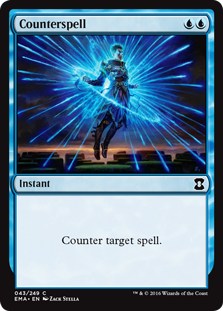
Of the various abjuration effects, basic shielding magic is the easiest to come up with examples for. Harry Dresden’s shield bracelet, which summons a forcefield that can stop mundane and arcane projectiles, and the Protego charm from the Harry Potter franchise, which produces a shield that does much the same, are the simplest examples as fairly easy to imagine. Big ol’ dome of magic that stops other magic, but what of other abjuration that’s a little more complex?
I think maybe the best abjuration example I have come across in recent fiction is from Lisa Kuznak’s The Highwayman Kennedy Thornwick. It’s a swashbuckling, roguish adventure tale that has a lot of rough-around-the-edges humour combined with tenderhearted moments, really reaching into the depths of emotion around a fast-paced story about foul-mouthed convicts and their various hijinks. The magic system is fairly soft, utilizing these little doodads called Charmstones alongside mystical spellcasting, and one in particular jumps out at me as a good example of Abjuration magic.
The story starts off in Magelock prison, a special facility designed to house the arcane criminals of the world and the setting for a good portion of the story itself. The ins and outs of Magelock are explored as its kind of an open concept prison where the prisoners mostly mind themselves, owing to the fact that it’s damn near impossible to break out out of without the aid of magic. And what’s stopping “heroes” from from using their magic to bust out? A huge charmstone that radiates an antimagic field, which also happens to be the name of a pretty powerful D&D spell.
I won’t go into crazy detail about it as I want this little nod to Highwayman to be spoiler-free, but that instance of abjuration is well suited for this list.
I was going to end on Exorcism (aka Banishment) but it turned into me fanboying about John Constantine and how he’s the best exorcist I could think of (serious, check out Hellblazer or just anything else he’s in) but I’m not going to do that. If you really want to see what I’m talking about, go look at Johanna Constantine banishing Agilieth in Netflix’s The Sandman as it’s a pretty tame and standard example of Banishment.
So who is The Expert? Honestly, I have no idea… (Look at me, starting off strong in the Wizard department.) I almost went for John Constantine because he has such a broad range of healing, warding, exorcising, and shielding skills, but it could also be a toss up with Wendy Marvell from Fairy Tail who has a lot of the same and engages in wacky anime combat with them. So I guess I’ll put a call out to the comments for this one. Can you think of someone worth of the title of Master Abjurer?
Evocation
Evocation is everyone’s favourite crazy uncle in the magical world. It’s familiar, it’s easy to understand, and it’s comfortable. It’s your Cone of Cold, Lightning Bolt, Magic Missile, and the spell of domestic terrorism itself: Fireball. Evocation is weaving the elemental forces in your spells to accomplish your ends; and usually that end is a the hard hitting spell that will doll out the damage.
There are countless examples of explode-y whoosh boom boom bang magic out there in fantasy. We could talk about Gandalf’s Flame of Anor or Narya, the Ring of Fire. I could drag Dresden back into this with is blasting rod (Fuego!). We could mention how dumb (yet evocative) the Harry Potter magic system is. Hell, we could even study Elsa from Frozen (though she’s more of a Sorcerer class, in my opinion). But instead we’re going to talk about my favourite example of: the One Power from Wheel of Time.
Evocation as a whole revolving around the earthy elements fits hand-in-hand with the Wheel of Time’s magic system that lets channelers draw on the powers of Earth, Air, Fire, Water, or Spirit to weave together their spells. While the One Power can definitely be used in more elegant, complex ways like Travelling (which is the Gate spell in the School of Conjuration), there are countless examples of the crash, bang, boom, fiery death magic being used throughout the series; right from the beginning where Moiraine roasts the Trollocs who attack Emond’s Field, and all the way through the Last Battle where Egwene uses the Flame of Tar Valon weave.
And who is our Expert?
Rand al’Thor, of course! Particularly strong in Fire and Spirit, this guy can evocate like no one’s business. Remember the time he used balefire to blow Natrin;s Barrow out of existence? Not just the fortress, but also hundreds of men and women, instruments of Power, and Aran’gar (and what’s her face from the Black Ajah). Damn near broke the Pattern on that one.
As for fitting our wizard theme, all this guy does is study, learn, and hypothesize once he embraces the Power. It’s pretty much his whole arc in the series. So yeah. Rand al’Thor.
So that’s it! There will be more posts on wizards forthcoming, but that’s Abjuration and Evocation for today. Hope you enjoyed.
Anyone I missed out on mentioning that you think deserves a nod? Anyone I did mention that you want to dispute? Let’s chat on it in the comment section. Friendly discourse is what it’s all about.
But for now, thanks for stopping by the old Word Dump. See ya soon!

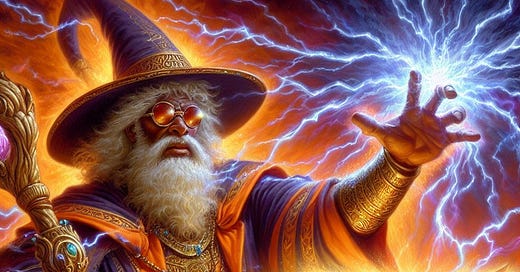



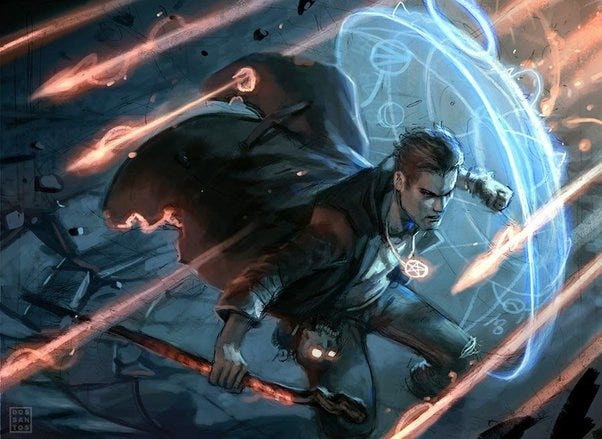

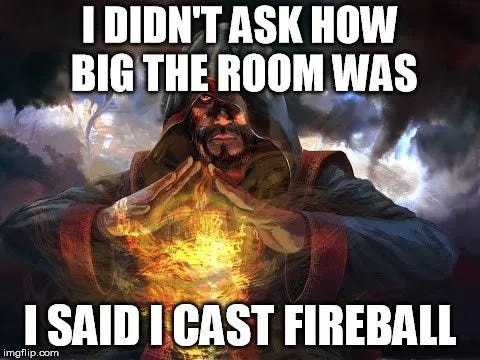
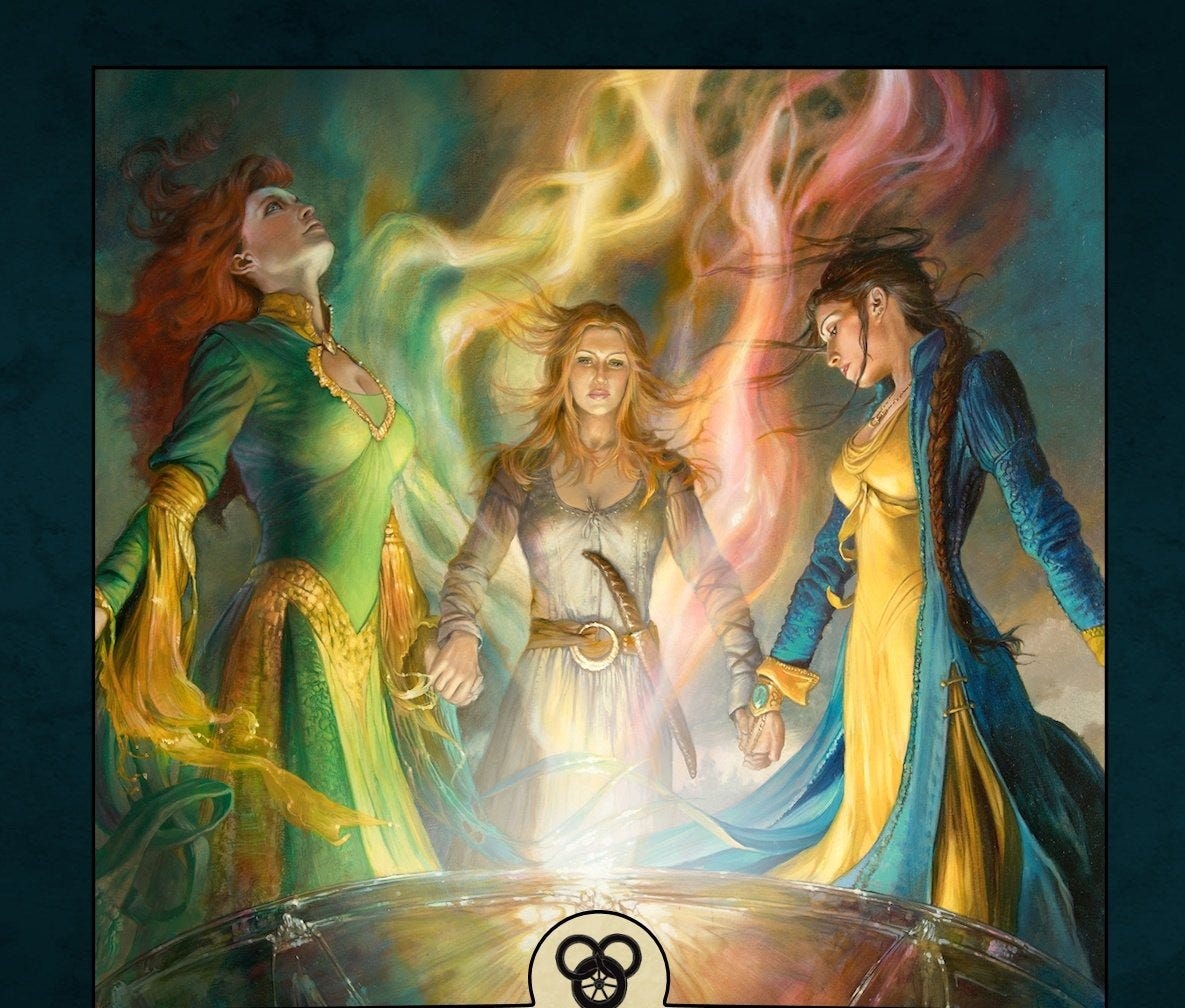

I can't think of a Master Abjurer but I note that I deliberately set out to make Mae an abjurer in *Dragonfire And Time*. Not an RPG lit so they just say that she specializes in defensive magic. One character even cracks jokes that wizards like her retire from royal service young to marry and raise large families.